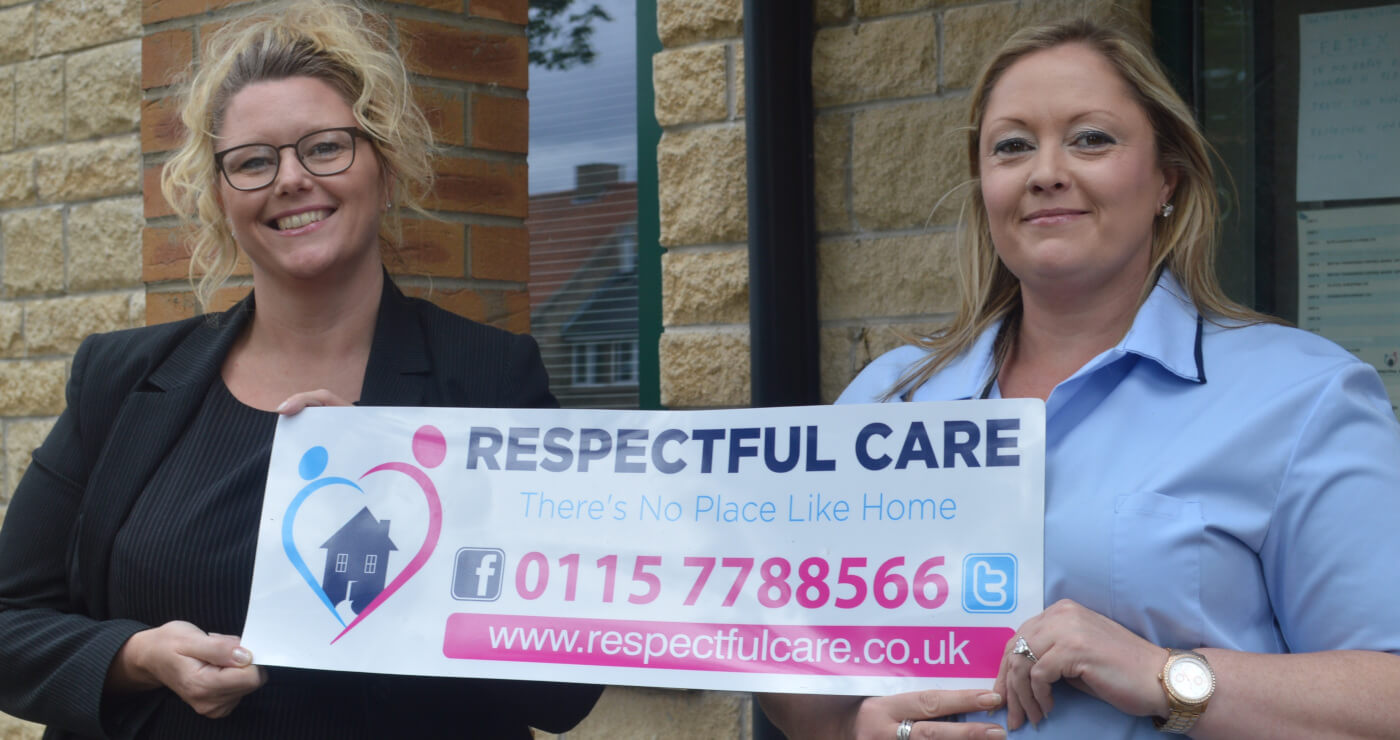What Will 2021 Bring for Homecare Providers?
Respectful Care
Posted 7th January 2021
We have recently delved into HOMECARE Insight as a concerned community for the future of domiciliary care.
“Home care providers witnessed their toughest year yet in 2020, because of the pandemic. Already fragile, the sector faced significant challenges around access to PPE, testing and staffing, highlighting the long-standing need for reform, investment and workforce planning”
However, despite facing our biggest challenges yet, COVID-19 has “highlighted just how critical safe and effective home care is to individuals and their families and has led to an outpouring of appreciation for the workforce. As a result, providers have seen a huge growth [in communities enquiring about care work].”
So, what does 2021 look like for homecare providers?
“Here, directors and CEOs from some of the UK’s national and regional home care businesses share their predictions.” Including Respectful Care’s own forecast for 2021.
Managing Director and Care Manager of Respectful Care – Nottingham South, Emma and Sarah Peach

“I predict that this year will greatly improve for our industry, we want to give opportunities to people who haven’t previously worked in the care sector, discovering whole new personnel. Care is so rewarding and there is so much progression in this industry. Work is always available, and you can earn a good wage with Respectful Care, giving you a better quality of life. Our flexible working patterns also allow a good work life balance. People do best in their own environment, so we want them to stay where they feel safe with tailored support from our professional team.” – Emma Peach
“It’s going to look much better in Spring, with less panic. I still have lots of demand for care, we just need to focus on reaching new people to the sector and making it an attractive job post – as it really is a rewarding career.” – Sarah Peach
Beloved Home Care HR director Alex Collier
“We predict that, by the Spring, the market will pick up and more people will start to looking to have care at home.
“As the furlough scheme comes to an end at the end of March, people will be returning to work and those cared for by a relative throughout the pandemic may need to seek assistance from their local authority or a private organisation.
“As the immunisation programme is rolled out throughout the UK, we assume that elderly people may have more confidence and acceptance in allowing other people to visit them in their own homes.”
Bluebird Care director of Care, Quality & Compliance, Neil Murray
“Brexit and the potential impact of overseas recruitment under the new immigration rules currently disadvantages the home care sector. Care workers are seen as low-skilled workers. This is because they are often only being paid the national minimum or living wage. Furthermore, care work is not listed on the UK Shortage Occupation list, despite there being over 100,000 care vacancies across the UK. So, with the potential loss or slowdown of workers from the EU, employers need to source staff locally. Live-in care is one area this could affect the most.
On the flip side of this is the potential to recruit from local workforces. Covid-19 has had a detrimental effect on other sectors, with unemployment going up nationwide. This gives the care sector a fantastic opportunity to showcase care as a rewarding and stable sector for employment and attract new people into care as a career choice. We need to re-think how we market ourselves and home care as an employer of choice.”
Caremark franchise recruitment director Jeremy Dunn
“We predict a more proactive reaction in redefining and refining services which are locally provided, including Caremark’s PatchCare system, which has been hailed as an innovation in social care by the CQC.
“The need for care in a client’s home is going to grow and the providers who can deliver quality care in a consistent way will drive their loyalty.
“The employment market at present could play into the care companies’ hands in the short term, but devising flexible rewards and strong retention strategies will be essential to growing the sector once things stabilise. Work we are conducting around lobbying the government for a fairer VAT regime could help towards these rewards for carers.
“Care business owners will only be able to drive volume if they manage the one resource that underpins that growth – the people who deliver the care. Growing volume should also give flexibility in rewarding staff whilst still maintaining a healthy bottom line.”
Good Oaks Home Care director and co-founder Ben Ashton
“The virus response has caused huge financial harm to swathes of country, and we predict that unemployment will surge in the middle of the year as the furlough scheme ends and businesses run out of money. People working in hospitality and retail may consider a career change, potentially providing a boost to home care businesses perennially struggling to recruit the calibre and number of staff needed to staff their service.
“There is now a wider understanding of the home care sector as an essential part of the health and social care ecosystem, and hopefully the government has learned the lesson that failure to properly fund this sector is a false economy due to the extra stresses and costs this puts on primary care services. Social care reform proposals were due in 2020 but should now come out in 2021, which will set the tone for the sector for a generation.”
Helping Hands chief executive Andy Hogarth
“We predict that the market will continue to grow because more baby boomers will need our services, but also because the availability of choice to stay at home for those that can afford it will mean some people who previously would have moved into residential care will choose to stay at home.
“Recruitment of carers will remain the biggest problem for care companies, made worse by Brexit and the net outflow of the working age population.”
Mumby’s Homecare director of commercial Joel Mumby
“We feel domestic recruitment will improve for the sector, but as the virus (hopefully) depletes, recruitment will go back to being challenging for many home care businesses.
“Agencies that rely on council work to be squeezed further as budgets will not be increased enough. Spot rates will be less so companies cannot afford to continue, so will either look to the private market or leave the industry.
“Demand for home care services to increase due to the major questions marks raised over infections rates in care homes.”
Right at Home chief executive Ken Deary
“With a spike in unemployment, we predict interest in the sector will rise in 2021. We have already seen an increasing level of enquiries from both a franchising perspective and caregiver recruitment, as people look to move into a more meaningful career.
“Like every sector, home care has its challenges, but for providers who manage their cost base well, it has a very positive future. We are fortunate to be operating in a resilient sector that can provide job opportunities for those who have been made redundant during the pandemic, and therefore attract people to the sector that we perhaps wouldn’t have otherwise. We also expect that demand for home care services will continue to rise, as more people are choosing to stay living in the comfort of their own home for as long as possible.”




















